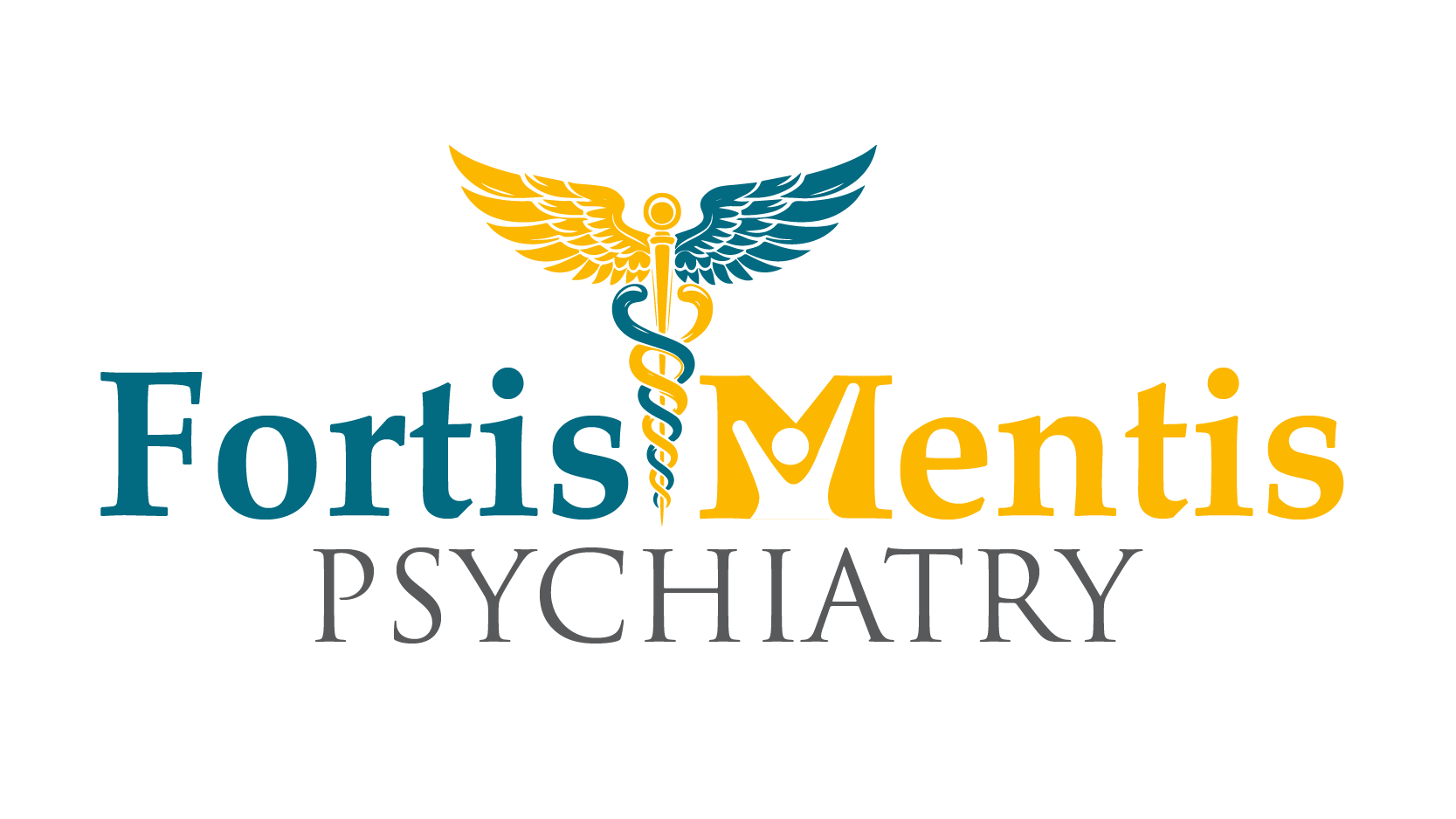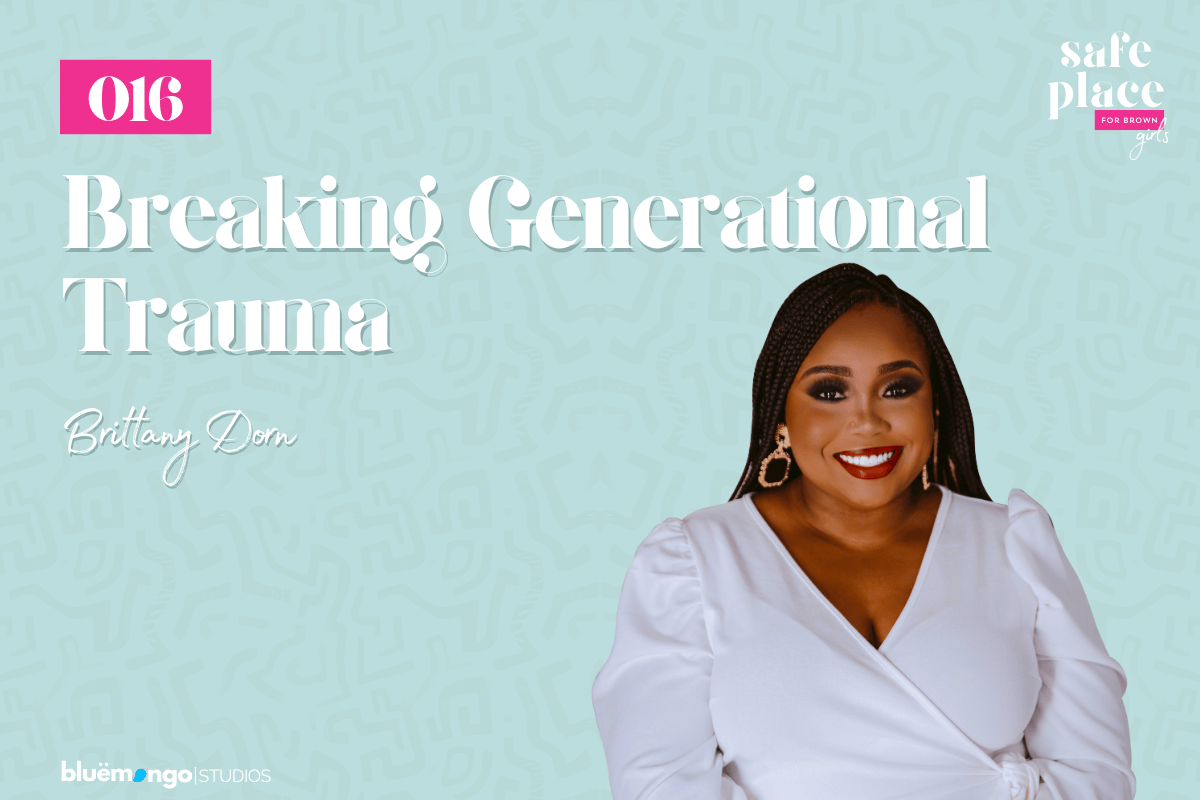Have you ever found yourself shutting down and giving someone the silent treatment for days after an argument? And then, when you finally do talk, you act like nothing ever happened? This isn’t just a habit; it’s a common pattern of behavior that can be rooted in generational trauma.
Unresolved trauma often shows up in our daily lives without us even realizing it, and it can feel impossible to break free from. In this episode, I’m joined by a licensed clinical social worker to talk about how we can recognize these patterns, process the pain, and finally break the cycle for good.
Shownotes
Meet Brittany Dorn
- Brittany Dorn, LISW-CP, LCSW, MBA, is a licensed clinical social worker and the founder of The Maternal Healing Haven LLC, where she helps women heal from generational trauma and create emotionally healthy, fulfilling lives.
- She blends her professional expertise with her own journey as a mother, bringing compassion, cultural awareness, and practical tools that meet women where they are.
- Brittany’s mission is to demonstrate that when women heal, they not only transform their own lives, but also change the trajectory for future generations.
Personal Trauma: Growing up in the South
- Growing up in South Carolina, Brittany learned to appreciate the beautiful blend of community and tradition.
- However, it also taught her the dark side of being silent to be seen as strong during tough times.
- Brittany saw how the resilience of suffering through struggles with money, relationships, and stability passed down hidden trauma through generations without anyone realizing it.
Defining Generational Trauma
- Brittany explains that generational trauma is a collection of unspoken rules, habits, and emotional patterns passed down through families.
- It often dictates how family members handle difficult situations, such as avoiding hard conversations, keeping problems hidden from outsiders, or approaching finances.
Healing from Past Trauma
- Brittany is a big believer that if you don’t face your trauma, it will repeat itself. She often sees her clients having the same relationship problems, repeating parenting styles, and fighting self-worth battles. When you silence those issues, it not only shows up in yourself but also in your children.
- Luckily, there are steps you can take to change these patterns. Brittany shares these steps:
- Notice the patterns
- Set and practice boundaries
- Be consistent
How does Generational Trauma Show Up in Daily Life
- A common sign of generational trauma that Brittany sees in her practice is clients struggling to voice their opinions. In their adult lives, they struggle with voicing their opinions and concerns.
Recognizing and Healing the Dysfunction Within Yourself
- Once you notice the unhelpful patterns or maladaptive behaviors you no longer want to keep, Brittany recommends seeking a safe place to open up, such as through therapy or a supportive community. Your healing journey then becomes a ripple effect that can positively influence the next generation.
Finding a Safe Place in Social Media
- Your support doesn’t have to come from a huge community; you can also use social media to find your safe place.
- Brittany says there are pros and cons to this, so pay attention to your intuition.
- Ask yourself: Does using social media cause you anxiety, or does it expand your horizons?
Your Family’s Reaction to Your Change
- If some family members are putting you down for wanting to better yourself, Brittany shares that you may need to change your environment.
- Not everyone will be receptive to your growth, but it’s important to remember that your progress is not selfish.
The Most Important Advice for Breaking Generational Trauma
- Brittany says that when it comes to breaking generational trauma, you shouldn’t think it has to be perfect.
- There will be times when you fall back into old habits, and that’s okay. The key is to give yourself grace and appreciate all the progress you have made.
“If you don’t address an issue, it won’t disappear; it will just find another way to surface. But when you commit to healing, you stop the pattern in its tracks. This powerful shift changes everything moving forward.” – Brittany Dorn
Book a session with me.
Whether it’s anxiety, depression, trauma, or just not feeling yourself – let’s talk. Go to FortisMentisPsychiatry.com/help to schedule an appointment.
Resources
Don’t forget to connect with me on these platforms: Facebook, X, Instagram, and TikTok.
Fortis Mentis Psychiatry
Our Services | Fortis Mentis Psychiatry
Explore our comprehensive services at Fortis Mentris Psychiatry, providing personalized online mental health solutions for all ages.

